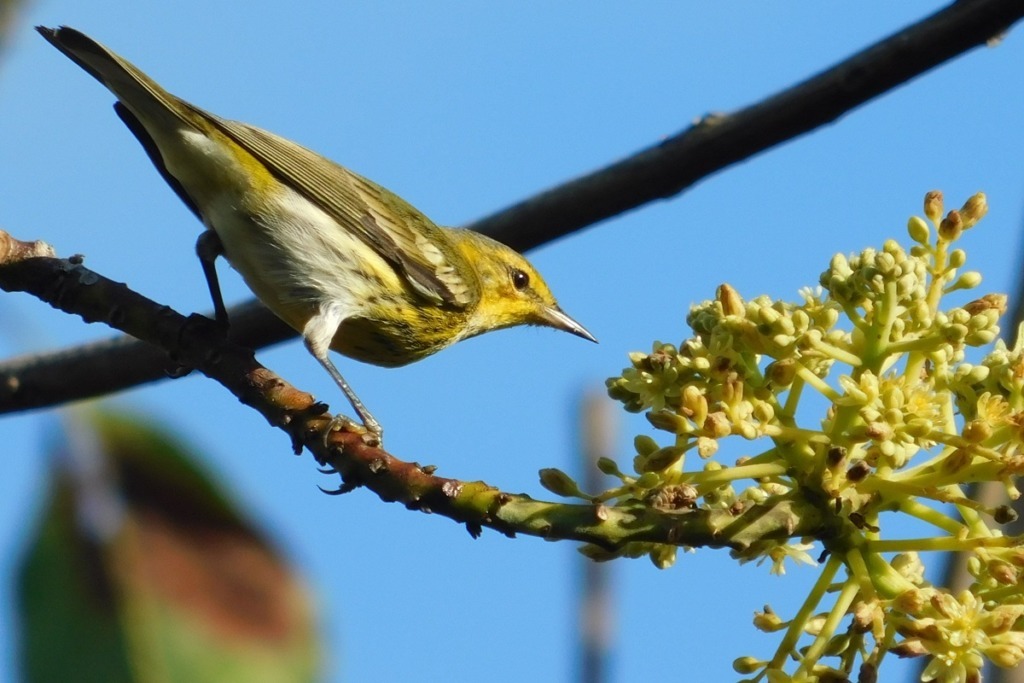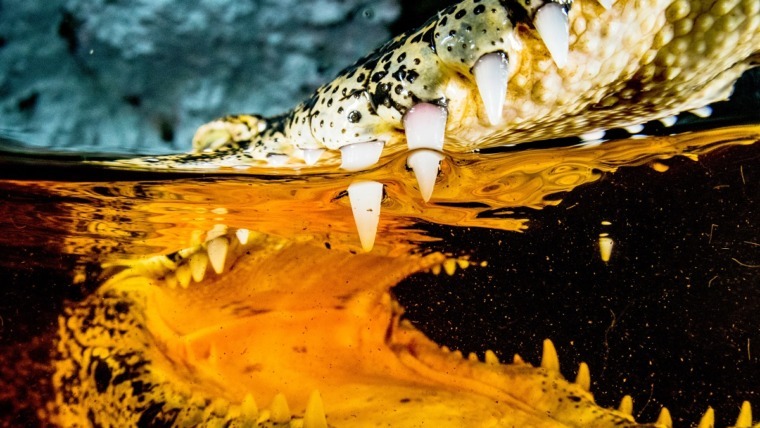
Written by Orsolya Bartalis
Let's face it, one of the exciting things about travel is to see and learn about the exotic wildlife a place has to offer. We have seen the advertising of riding an elephant, the performing monkeys on the street, the mesmerizing snake shows, or even tiger sanctuaries. We may have even experienced it in the past. Animal tourism is a hugely lucrative industry worldwide. All over the planet, people exploit animals for profit through tourism.
It is often people who consider themselves animal lovers who fall into the trap of supporting animal tourism, without realizing the cruelty and suffering behind it. This is often because the industry works so hard to project an image of having happy animals that are treated well.
I know I can call myself guilty on some of these grounds, and I only wish I educated myself sooner. Why? Because at first glance the attractions may seem harmless. You may even feel that you are helping to protect the animals and support the community organizations looking after them, till you dig deeper and find out what happens behind the scenes.
A widely accepted rule of thumb is that if an attraction is profit-making, then profit is their top priority, not animal welfare.
So what can you do to ensure that you do not support a cycle of abuse that some animals are subjected to due to animal tourism? You must educate yourself and do your research. When you know better, you do better.
What Is Unethical Animal Tourism?
Unethical animal tourism is any situation where animals are exploited for the economical benefits from tourism. All too often the abuse stays hidden. After all, we would think that setting up such places would have strict regulations ensuring the safety and welfare of the animals. Unfortunately, in most countries that is not the case. The places are set up for entertainment and making money, often staffed by inexperienced staff.
The marketing may have said it's ethical, may have even sold it as a cultural experience. I urge you to look deeper before you commit to an animal experience. You'd stay away from a circus with animal experience these days, what makes you think that a performing monkey in a Balinese zoo had a better treatment?
How Can You Tell Ethical Animal Tourism Apart?
Consider this test for any activities you consider that include animals. if it seems weird that a large animal, a hunter, is so docile it lets you pet it – something is not right. If you have a large animal in a small place i.e. a crocodile you can swim within a cage in a small pool, chances are, something is not right. If there are whips and chains and the like involved to provide a performance or even just to keep the animal in line, things are not right. Posing with the animals, hmmm why are they so willing to let you near them?
Let's face it, with sanctuaries looking amazing, it can be hard to spot what is truly aiding the protection and conservation of animals and what isn't. Awareness is the key. We must do our due diligence and vote with our dollars to support organizations that are doing right by animals. Whenever in doubt there is only one answer: Don't do it.
Now, this article is not here to say, stay away from animals altogether. There are many organizations out there devoted to the protection, conservation, rehabilitation, and unconditional love and support of animals. There are thousands of selfless souls working hard to rescue and protect animals from bad situations while also seeking to educate people. Find and Support them!

How Can You Choose An Animal-Friendly Holiday?
- Refuse to attend things like zoos, wildlife parks, aquariums, animal performances, animal 'selfies', any sort of cuddling, holding, or playing with wildlife.
- Avoid any wildlife experiences that support baiting, animal calls, or any unnatural way of luring the animals to you. By reducing the demand for the 'experience' and reducing the money to be made from them, you are reducing the supply.
- Don't pay to have your picture taken with animals that have been taken from the wild. They have highly likely been abused to get them to behave around tourists.
- Report any case of animal cruelty you see, note the date, time, location, type, and number of animals involved. Record what you have seen on film or take photographs if you possibly can. However, do not put yourself in danger.
- It is vital to lodge your concerns locally to the local tourist offices, local police, a local animal welfare society, or your tour operator.
- Stop purchasing animal products as souvenirs! Purchasing animal products creates demand for them. This means anything from coral earrings to snakeskin belts to a rhino horn and more. By making the conscious decision to stop purchasing animal products, you stop the fatal end they could be facing. These animals are often captured from the wild, badly cared for, and trained using inappropriate and cruel methods
- Avoid animals for entertainment or transport.
- Don't support things like cockfights, bullfights, and the like, even if it is considered being part of the culture.
- Do your research! There are many amazing animal organizations out there who offer the chance for you to see animals in the wild in a responsible manner – ensuring that animals and their habitats are not disturbed whilst you get a great experience. These organizations will not only provide the experience but will also educate you about the wildlife along the way.
- Hire a local guide who's interested in the well-being and conservation of the animals. They will know their terrain intimately, what you can see and where and will be keen to show you and educate you about the species you'll see.
Want to make a difference? You can! By making better choices yourself and spreading the knowledge around ethical animal tourism with others. If we all start saying no to unethical treatment of animals, even better reducing the demand for such practices, we can start seeing a difference in the world.
images by Yoanis Blanco Santos



